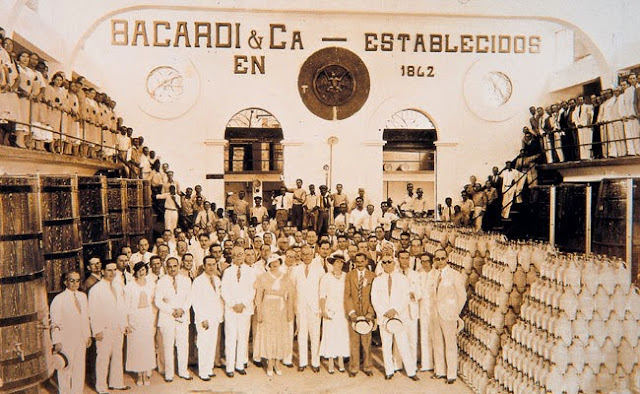The question of the cocktail
What actually is a cocktail? What does the word mean and where did it come from? I think that these are some valid questions, considering that I have enjoyed cocktail hours, menus and the drinks known universally as “cocktails” for many years.
The actual answer
It is now a well-known fact that the word “cocktail” was first defined in 1806 by The Balance and Columbian Repository of Hudson, New York as “a stimulating liquor composed of any kind of sugar, water and bitters, vulgarly called a bittered sling.” Most cocktail aficionados might recognize that formula from drinks such as the Old Fashioned and Sazerac. Some geeks out there might even be aware that before the invention of bitters, cocktails were known as “slings,” which comes from the German word “schlingen,” meaning to swallow quickly. The first time the word “cocktail” is recorded as being used in the U.S. was on April 28, 1803 in a publication called The Farmers’ Cabinet and in the UK there is a reference to the “cock-tail” even earlier in The Morning Post and Gazetteer in London, England on March 20, 1798. Could the cocktail be an English invention? The Punch was, after all. Not that any of this really matters, anyway, because the word cocktail has been misused for many years now. It is used as a header for the entire category of mixed alcoholic drinks, whether they are highballs, punches, fizzes or sours.

The old answer
The fact that we now have this knowledge about where the cocktail came from fascinates me. When I was bartending many moons ago, the story of its origins was surrounded by mysticism and fables. I was told that the word came from New Orleans, where it was derived from the French word “coquetel,” an eggcup that was used for serving drinks. There was also a story of a drink being decorated by a cock’s tail and served in celebration to soldiers of the revolution by Betsy Flanagan. There was even a reference to drinks in Mexico being stirred with a “cola de gallo” (cock’s tail).
Today’s answer
Today, the word “cocktail” is used to describe the collective group of mixed alcoholic drinks that we see on bar menus around the world. There was a point when they were, even more incorrectly, called “Martini lists” (a Martini is in that is chilled and mixed with vermouth, with the optional addition of bitters. It is not anything that is served in a cocktail glass that many referred to as a Martini glass — this is something that may have gotten lost in translation during Prohibition). The hospitality industry has taken a giant leap forward in relearning knowledge on the subject over the past 10-15 years, and most professional and informed bartenders now understand a cocktail to be something made of spirit, water, sugar and bitters. My belief is that this knowledge is going to continue to grow until we are once defining drinks as Jerry Thomas did in 1862 in the first cocktail book ever written, How to Mix Drinks or The Bon Vivant’s Companion. In fact, some bars already do. Of course, as long as people make good quality drinks with great spirits and fresh ingredients, they are perfectly entitled to call them whatever they wish as far as I'm concerned. I must admit, however, that I am always impressed with some historical wisdom and understanding and the word “cocktail” just sounds better than anything else.
 |
| Elvio Pires making another great concoction |





Comments
Post a Comment